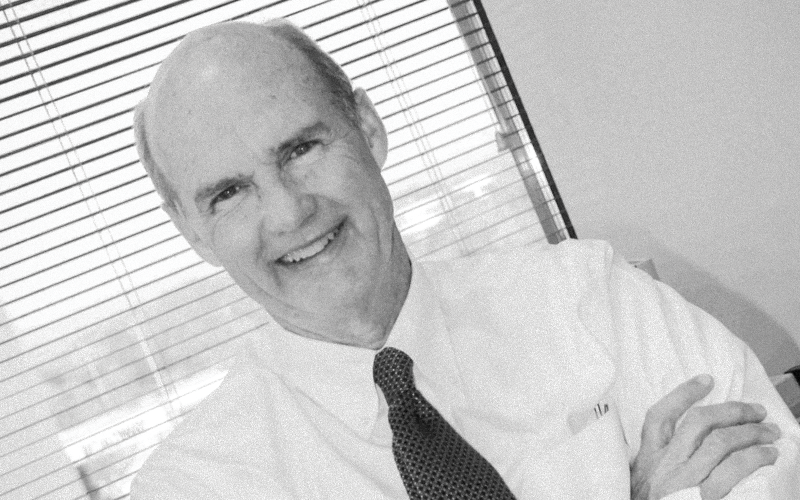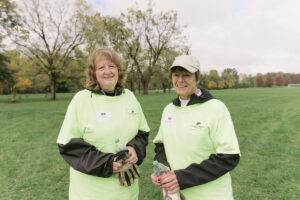Although he majored in civil engineering at Purdue University, Christopher Noon (CE’71) finds great value in studying the liberal arts. This prompted him to support the Cornerstone Integrated Liberal Arts Certificate Program by endowing the unrestricted Socrates Strategic Initiative Fund to help meet programmatic needs.
A principal with Quadrangle Development Company, a real-estate development firm in Deerfield, Illinois, Noon also earned an MBA from the University of Chicago. Throughout his career, he has seen firsthand that professional skills (sometimes referred to as soft skills) developed through the liberal arts—such as communication—have served him well in his work.
“Obtaining just an engineer’s perspective was not as complete of an education as I wanted to have,” Noon says. “If you’re going to be in business, and be involved with managing projects
and people, the hard skills often are easier to learn. It’s the soft skills of dealing with people to accomplish your goals that are more difficult to develop.”
Through an immersion in the humanities, the 15-credit Cornerstone certificate functions as a core within a core, providing a road map to navigate Purdue’s core curriculum. Classes and themes provide context around students’ major areas of study, fostering intellectual inquiry through the finest writing and thinking throughout history.
Cornerstone enhances reading, writing, and speaking skills, broadening students’ perspectives and cultivating their minds. As they explore transformative texts from human history, participants gain an understanding of human relationships and the global, social, and cultural dimensions that have an impact on engineering, technology, science, and other disciplines.
“I have a civil engineering degree and an MBA in finance. In both cases, I tried to take courses sort of widely. In some respects, I probably took them to the detriment of my specialization, but to the betterment of my overall worldview,” Noon says. “The reading of classic literature expands the mind and is helpful in a lot of normal, interpersonal situations. A lot of these great books are not a chore to read; they’re often quite fun and can be a light on human nature.”
Noon made the personal decision to name the endowment after Socrates, thinking it likely could appeal to other donors and help grow the general fund. “I thought about how some of these great texts start with Plato, who did the Socrates dialogues, and felt that would be a fun name,” he says.
Grateful for the opportunities his alma mater has afforded him, Noon sees supporting Cornerstone as a way of giving back to Purdue. He also hopes his gift will help enhance students’ chosen studies, not impel them to change majors.
“I think it’s a good thing for people to bump into the humanities in a way where it might expand them into doing more things on their own,” Noon says. “So maybe this provides a little kick-start to students who wouldn’t normally get that in their engineering—or non-liberal arts—classes.”
—Matt Schnepf


